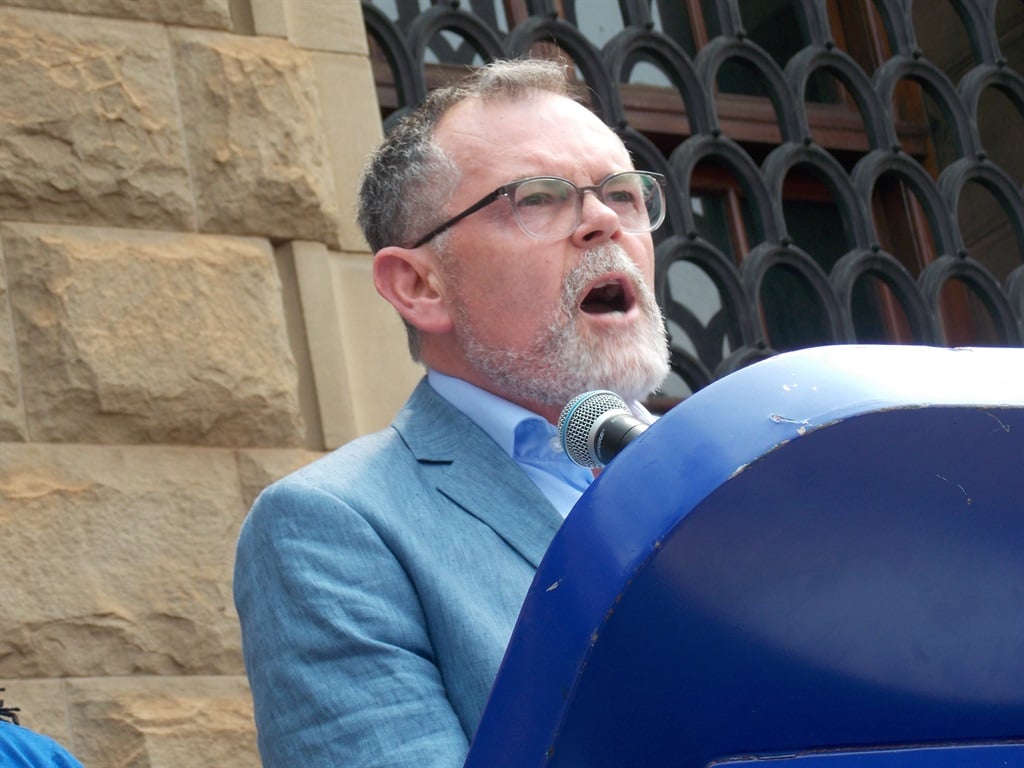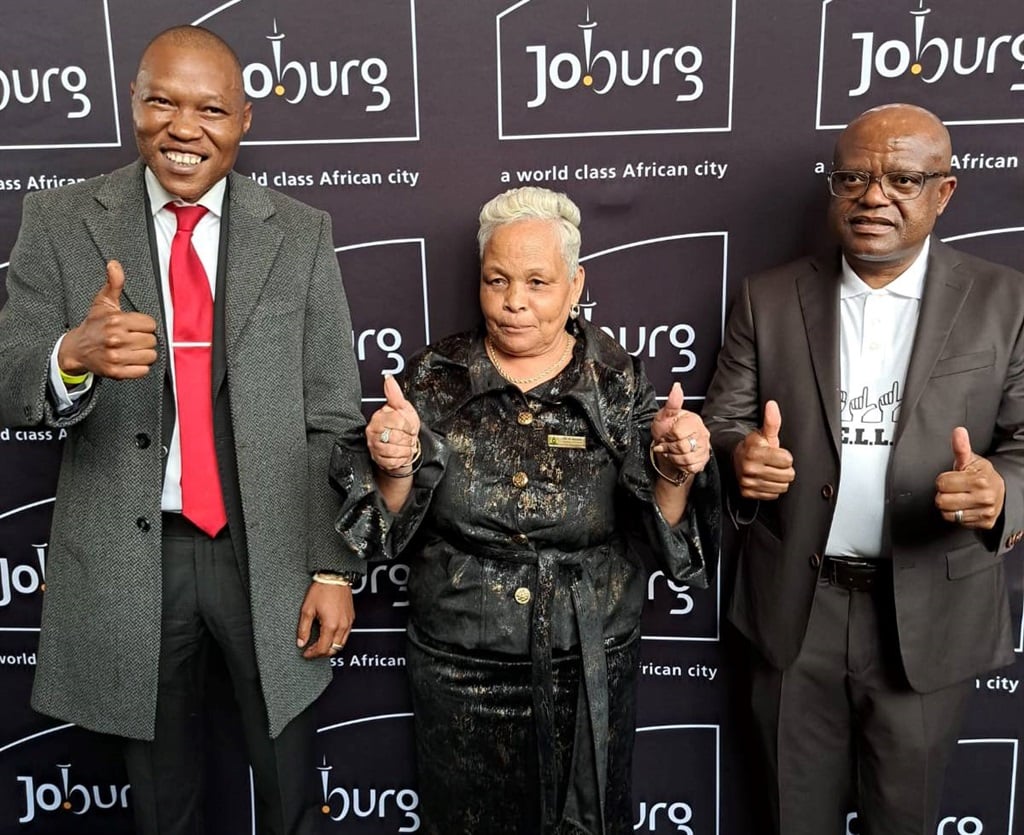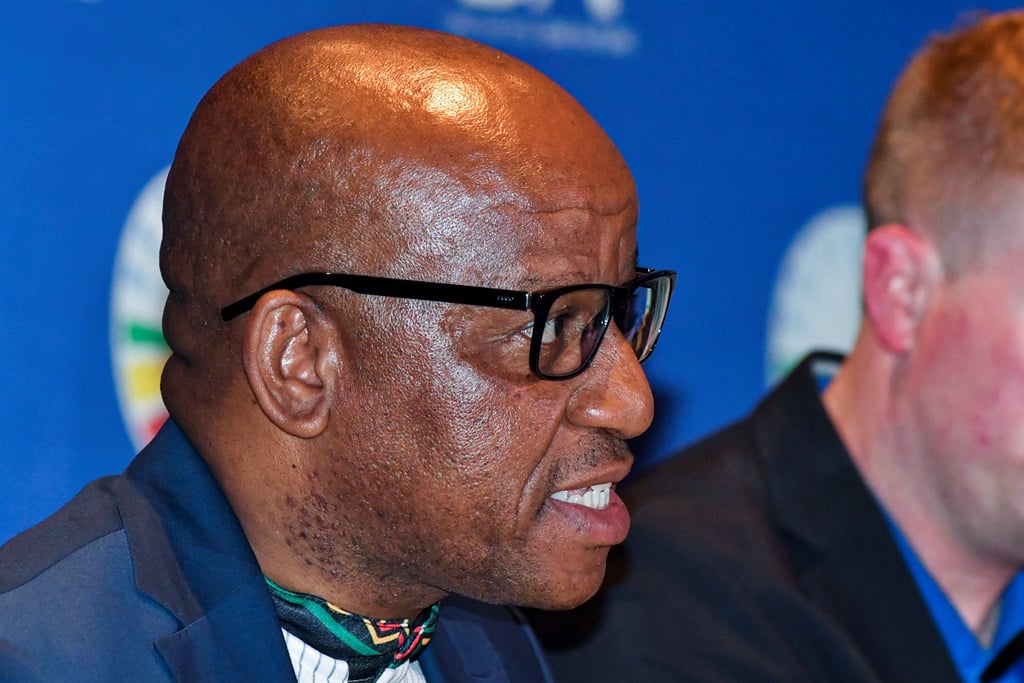
DA finance spokesperson Dion George says major reforms are required to recover South Africa’s economy.
- Finance Minister Enoch Godongwana will deliver the medium-term budget policy statement on Wednesday.
- This comes at a time when South Africa’s economy is struggling to grow and government’s finances are in a poor state.
- Last month, government departments, entities and provincial administrations were told to radically cut back on spending.
South Africans have become poorer and face the worst cost of living crisis this country has ever seen.
Households struggle to put enough food on their tables, millions go hungry, and unemployment remains stubbornly high as the economy struggles to grow.
This is according to the DA, which on Monday presented its alternative medium-term budget policy statement (MTBPS).
On Wednesday, Finance Minister Enoch Godongwana will deliver the MTBPS amid South Africa’s weakening economic state, poor service delivery, and crumbling revenues.
READ | SARS apologises to taxpayers for legal threats
DA finance spokesperson Dion George said major reforms were required for South Africa to recover.
“Reform starts by removing government-imposed barriers to growth. A government that is effective at serving the public, limits regulation and focuses on delivering essential services. This is what will create a dynamic enterprising economy, with market forces and individual freedom at the forefront,” he said during a media briefing at the DA’s parliamentary offices.
The official oppositions’ alternative MTBPS includes:
- Establishing the foundations for sustainable economic growth that generates jobs;
- Revitalising the electricity sector to address ongoing power outages;
- Achieving fiscal stability through controlled government expenditure and debt reduction;
- Protecting vulnerable South Africans;
- Fortifying institutions tasked with eradicating corruption.
In September, Cabinet moved to allay concerns over the country’s fiscal constraints after the Treasury issued a letter to national departments, provinces and public entities proposing radical cost-cutting measures due to a budget shortfall in revenue collection.
Minister in the Presidency Khumbudzo Ntshavheni told a briefing in September that there was no crisis in government and that South Africa’s finances were not on the brink of collapse.
Finance Minister Enoch Godongwana is in a bind as he reworks the nation’s budget in the face of lower-than-expected tax revenue and pressure from the ruling party to bolster government services ahead of next year’s crunch elections. https://t.co/ULvLycHvAU
— News24 Business (@News24_Business) October 30, 2023
But according to George, South Africa’s fiscal environment remains characterised by an unsustainable level of debt.
Worsening the situation are persistent deficit spending, slow economic growth, and stubbornly high levels of unemployment.
“These circumstances are compounded by factors that fall under government purviews such as uncertain private property rights, onerous labour market legislation, inadequate national and local governance, and a large and inefficient public sector dominated by monopolistic state-owned enterprises,” George said.
“To establish resilience and stimulate economic growth, the alternative MTBPS proposes innovative solutions to attract foreign capital, encourage domestic savings, revitalise state-owned entities, fix our crumbling infrastructure, enhance labour market participation, and facilitate the expansion of both the small and large business sectors.”
READ | Mcebisi Jonas warns against government outsourcing its responsibilities to ‘boardrooms of Sandton’
DA MP Ashor Sarupen said that load shedding was one of the biggest impediments to economic growth.
“Throughout 2023, South Africa has seen unprecedented blackouts. The instability of the energy supply, in tandem with a volatile political climate, has had a severely detrimental impact on the advancement of South Africa,” he said.
“By maintaining its monopoly over the energy sector, the government has subjected every South African, with the notable exception of Cabinet members, to an exploitative energy regime which enforces controlled blackouts at will and crushes economic growth.”
With government being cash-strapped, the DA believes that more should be done to protect vulnerable people.
“The economic climate in South Africa exerts a disproportionate burden on low-income and marginalised communities. This was intensified by the Covid-19 pandemic and extended lockdowns. The situation is further exacerbated by global economic volatility and domestic policies that hinder economic participation while inflating the cost of living,” Sarupen said.
The party is in support of extending the R350 Social Relief of Distress grants, which could eventually evolve a kind of basic income grant.





Recent Comments